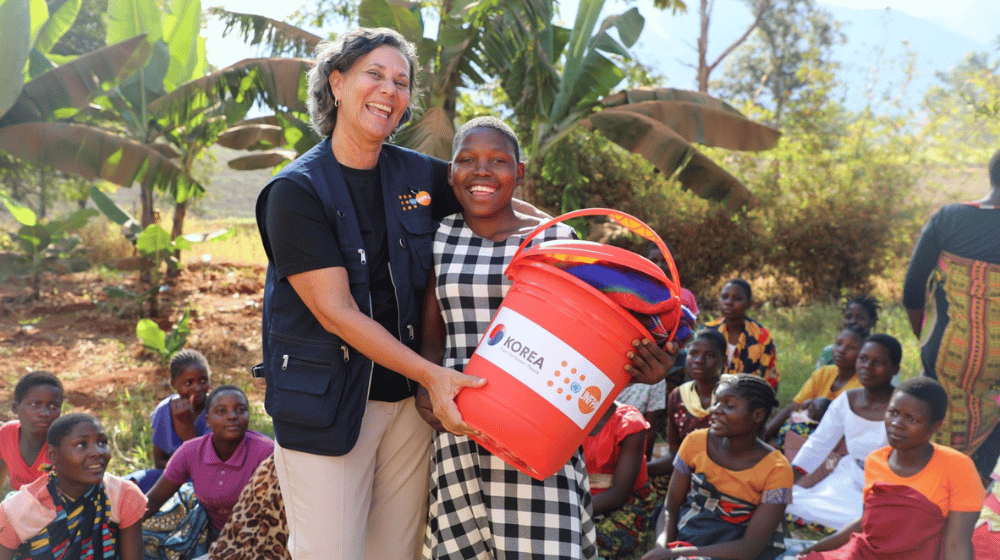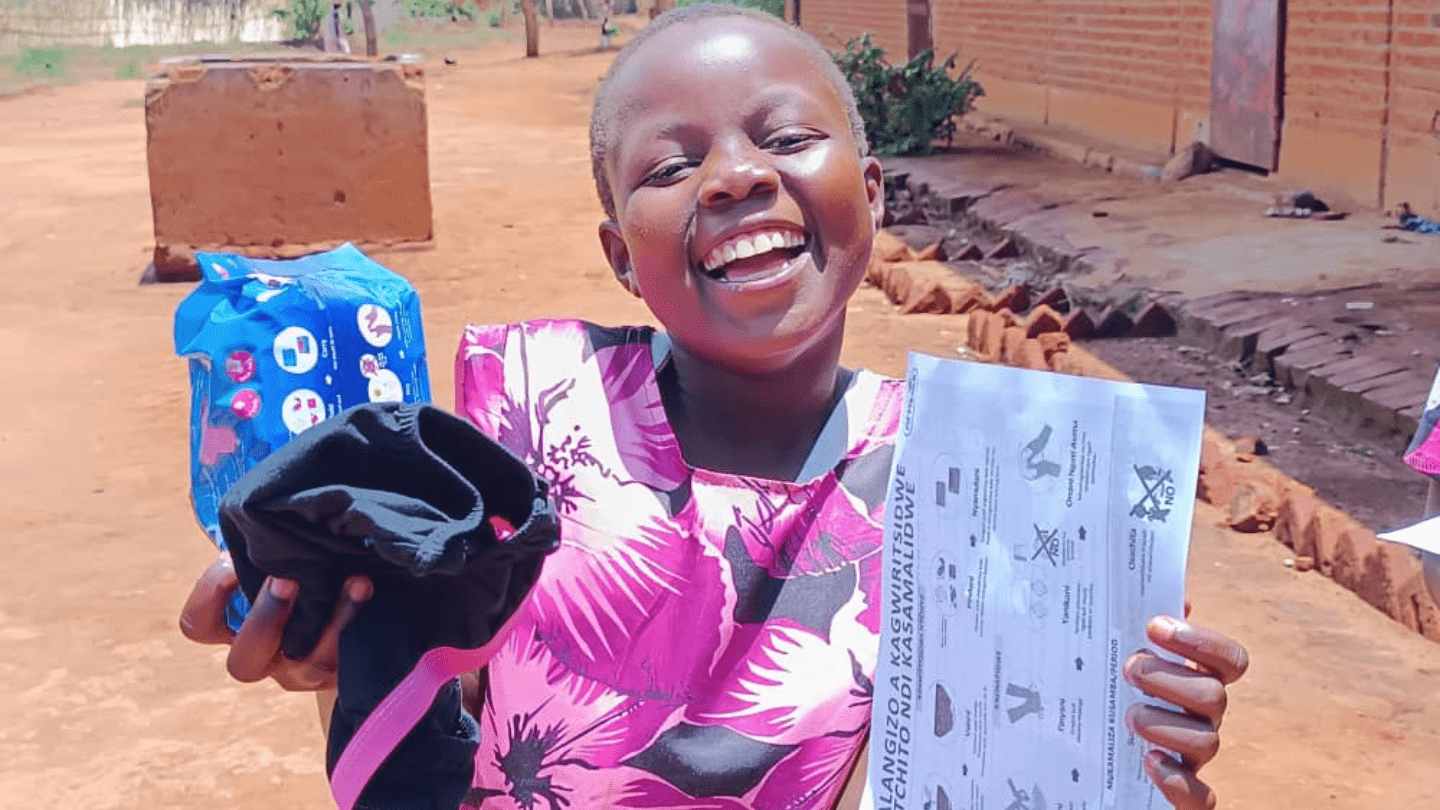Menstruation is a natural and universal part of life, essential to the life-giving process and deserving of dignity, respect, and open conversation. It should be normal and celebrated, not hidden in silence or shame.
Yet, every month, for thousands of girls across Malawi, menstruation becomes a source of anxiety and exclusion. Instead of being supported through this natural experience, girls are forced to navigate period poverty, stigma, and inadequate infrastructure which undermines their rights to education, health, and dignity.
Period poverty, the state where women and girls lack access to affordable or sufficient menstrual products, sanitation facilities, and adequate education about menstruation and hygiene is prevalent in Malawi. For girls like Asiyatu, a 15-year-old from Mangochi, managing her period is a monthly struggle.
Without access to sanitary pads, private toilets, or clean water, attending school becomes a source of anxiety and shame. Often, she stays home, missing crucial lessons and falling behind her peers. At home, menstruation remains a taboo topic.
Parents hesitate to discuss it, communities are silent, and boys are rarely educated about it. This silence perpetuates stigma, misinformation, and gender inequality.
Asiyatu’s story is not unique. In Malawi, approximately half of school-aged girls lack access to accurate information and hygienic menstrual products. Only 5 percent of schools have functional handwashing facilities with soap, and in some areas, there is just one latrine for every 150 students. These inadequate conditions create significant barriers for girls, leading many girls to miss school or even drop out entirely.
Families are often forced to choose between purchasing menstrual products or meeting other basic needs, limiting girls’ opportunities and reinforcing cycles of poverty.

Although the government has removed import duties on finished menstrual products, taxes on raw materials persist, hindering local manufacturing and keeping prices out of reach for many families.
Menstrual health is not solely a girl or women’s issue. Its impact extends across society, affecting public health, education, workforce participation, and national economic growth. Failing to address it means Malawi risks stalling progress on gender equality, poverty reduction, and development goals, including commitments under the 2030 Sustainable Development Agenda.
Addressing menstrual health requires a multisectoral response. Policymakers must integrate menstrual health into education, health, and gender policies, while donors and development partners should prioritize funding for sustainable solutions.
In addition, to make menstrual products more affordable, the government should build on recent gains, by eliminating taxes on raw materials used in local manufacturing. This would support local production and expand access for low income families and communities.
Parents and families play a critical role in fostering open, supportive conversations, while men and boys must be engaged to challenge stigma and support their sisters, daughters, and partners. The private sector also holds enormous potential to drive innovation and local production of affordable, sustainable menstrual products.
Creating a Period-Friendly Malawi is a shared responsibility. By investing in menstrual health, we are not only upholding the rights and dignity of girls and women but also strengthening Malawi’s human capital, fostering economic development, and building a more inclusive and equitable society for all.
By Nelida Rodrigues, UNFPA Representative


